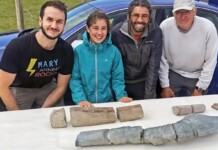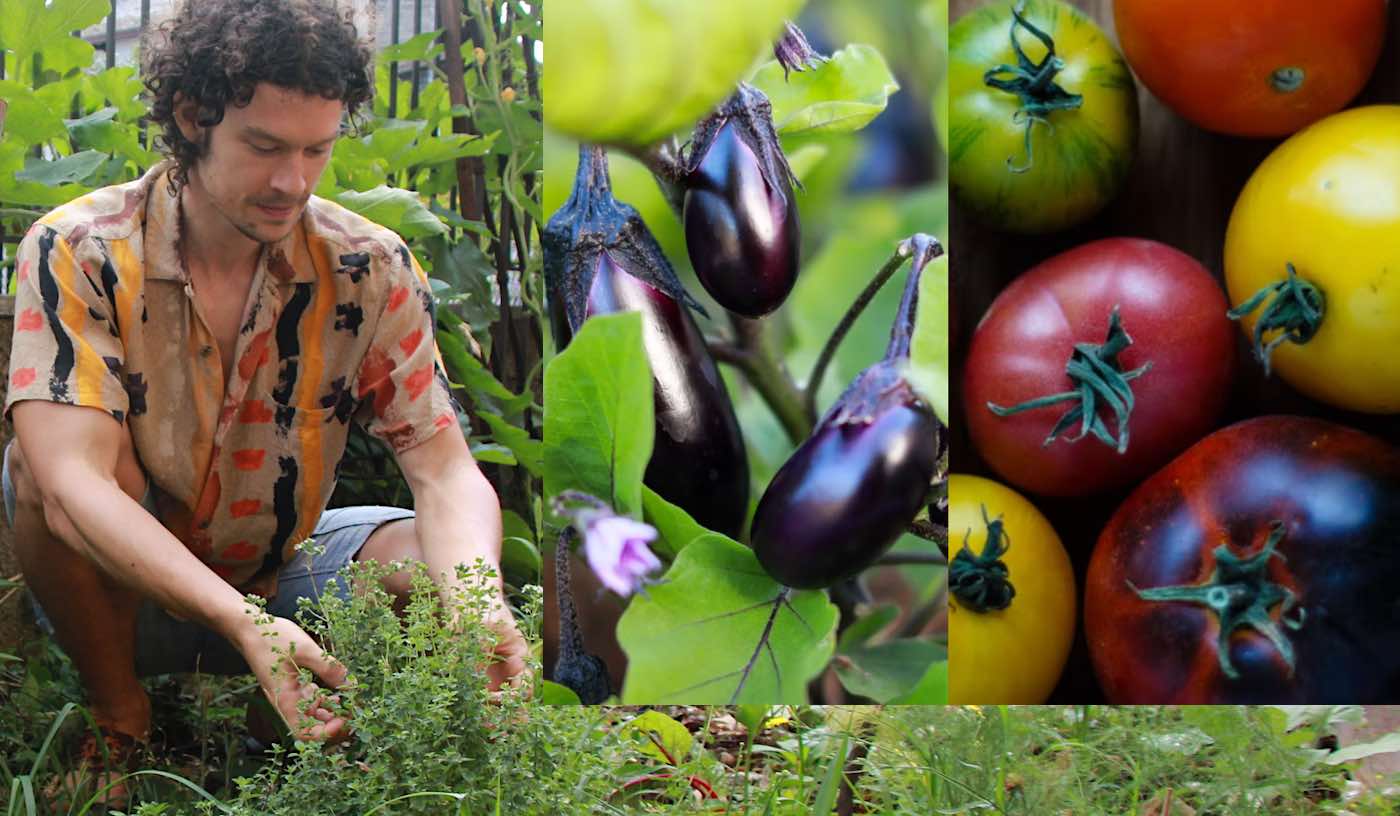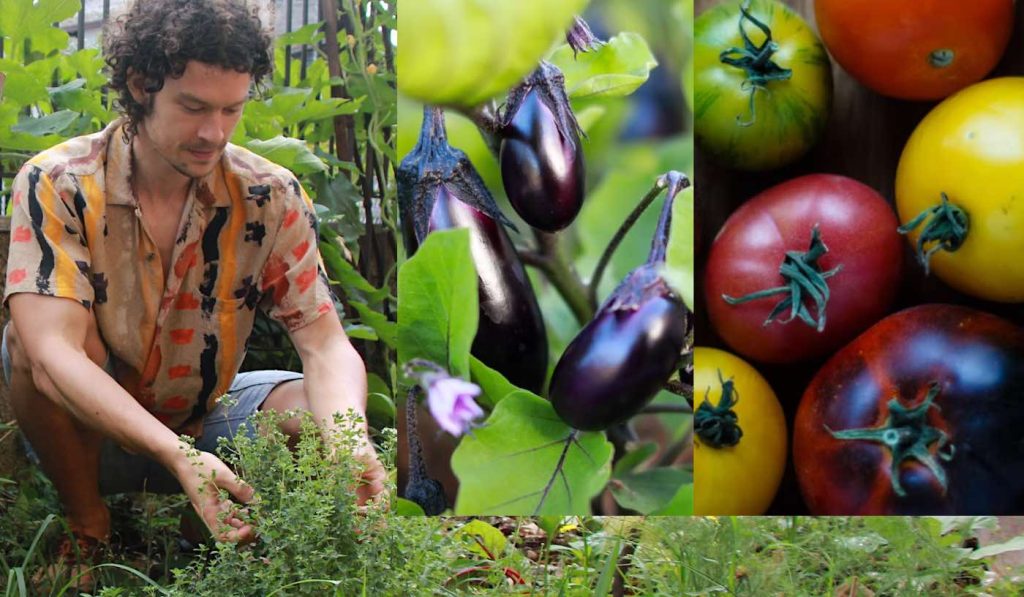
Welcome back to Good Gardening! In our Week 1 discussion thread we discovered what readers are using in their soil to boost production in the garden. They joined us on Facebook and sent in emails to share their secrets:
Smith Edward Bruce makes compost to fertilize and amend his soil and offered a suggestion if you are mixing in large amounts of dried brown material, such as fall leaves: Use the leftovers from comfrey and stinging nettle tea, to speed up the decomposition.
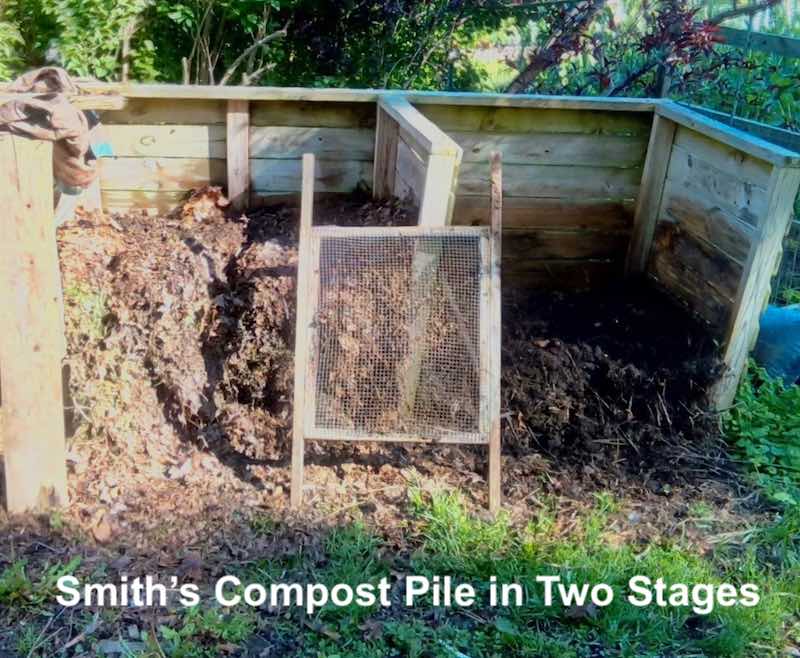
Deborah Gillespie has become interested in native plant gardens, and their “shocking resilience”…
“I was involved in planting a native community garden this spring in Pennsylvania,” she shared with GNN. “The leader of the project encouraged us to plant on a rainy day, in heavy, wet, clay soil, packing plants tightly into the mud, and walking all over the bed as we worked. Every “rule” I’ve ever learned about soil amendments, composition and compaction was broken, and I was convinced we were laboring in vain. Two months later, the garden is thriving.”
Llyn and Chris from The Sharing Gardens wrote in about their experience using coffee grounds in their community garden. “Coffee grounds provide generous amounts of phosphorus, potassium, magnesium, and copper. They also release nitrogen into the soil as they degrade. When we have it, we spread it about 1/4″ thick on beds before we plant.”
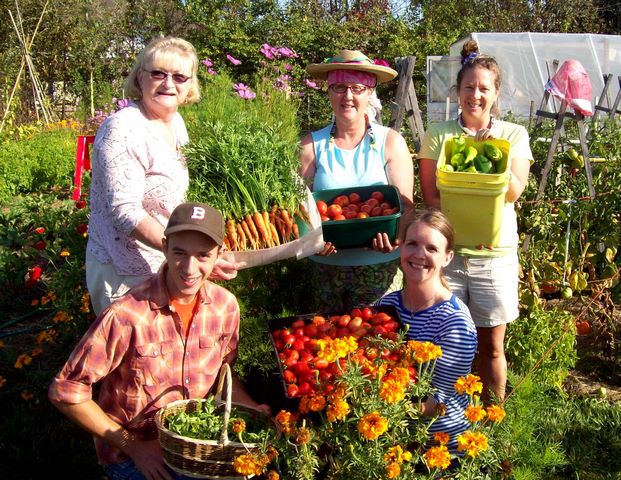
“For some reason, worms love coffee grounds! By sprinkling grounds in your garden beds, you will attract worms to come into your soil and, since coffee grounds also contain many nutrients on their own, we also recommend adding them to your greenhouse paths and compost bins. They will attract worms and speed up the process of decomposition.”
And, finally, Dianna Palermo reports that she planted clover everywhere: “It protects the soil from erosion, fixes nitrogen and suppresses weeds. I’ve restored compacted soils using Dutch clover and planted crimson clover around my vegetable garden.”
“Gardens are not made by singing ‘Oh, how beautiful,’ and sitting in the shade,”
— Rudyard Kipling.
Good Gardening Week 2: What Are You Growing this Year?
Question 1: What’s blooming, fruiting, or growing in your garden this year?
Question 2: Is your preference for flowers, vegetables, fruit, or a mixture?
Question 3: Why did you choose the species or varieties you did?
Tell Us Here in The Comments… or, send your questions, tips, and photos to [email protected]. Join our Facebook Good Gardens thread every Friday on the GNN Facebook Page…
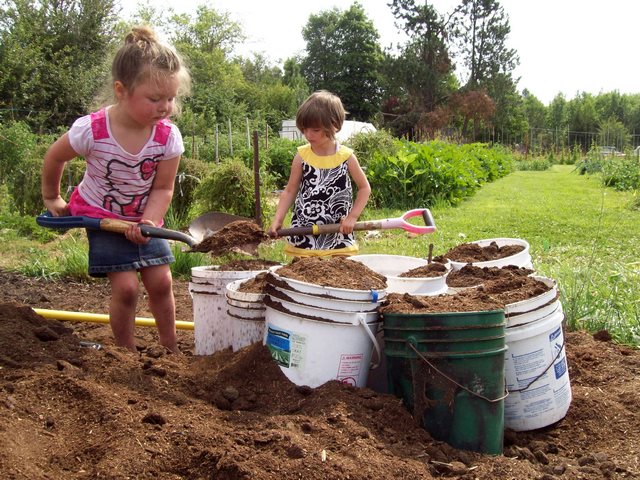
Remember that your green thumbs can help novice greenhorns—and garden jargon is encouraged! And Please SHARE This with Gardeners on Social Media…



